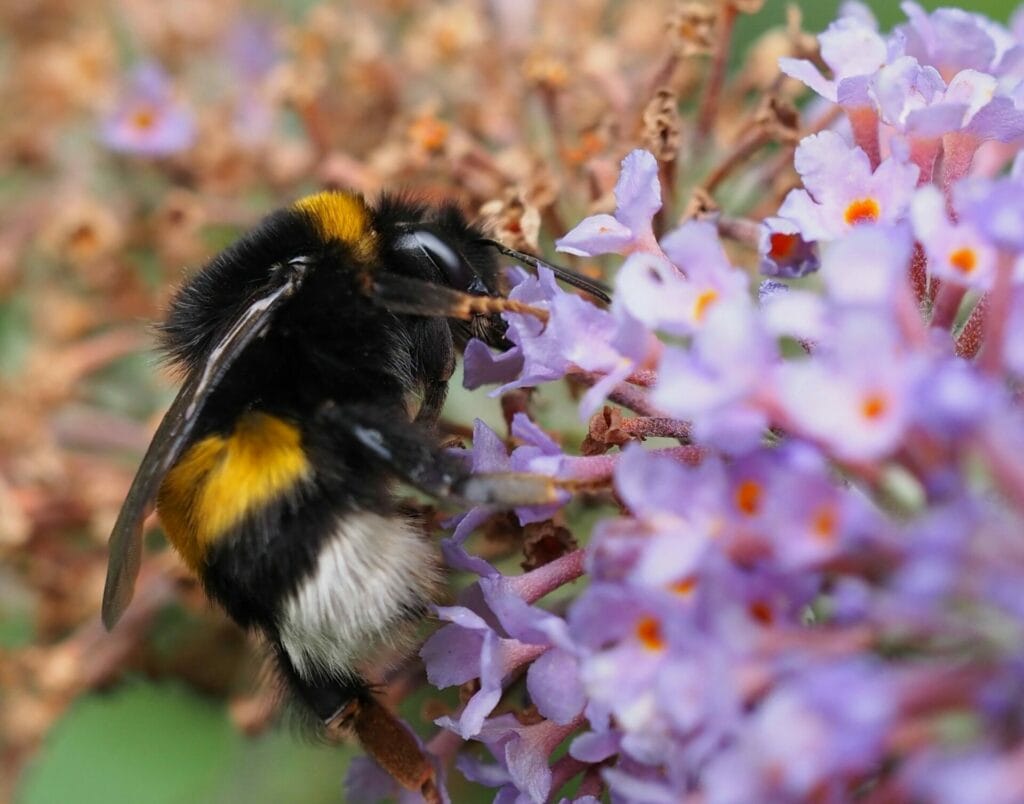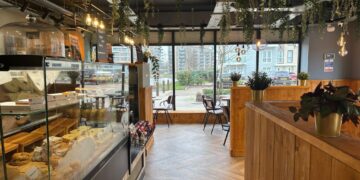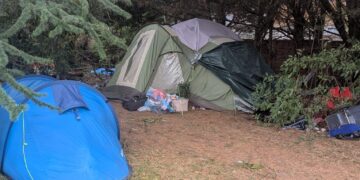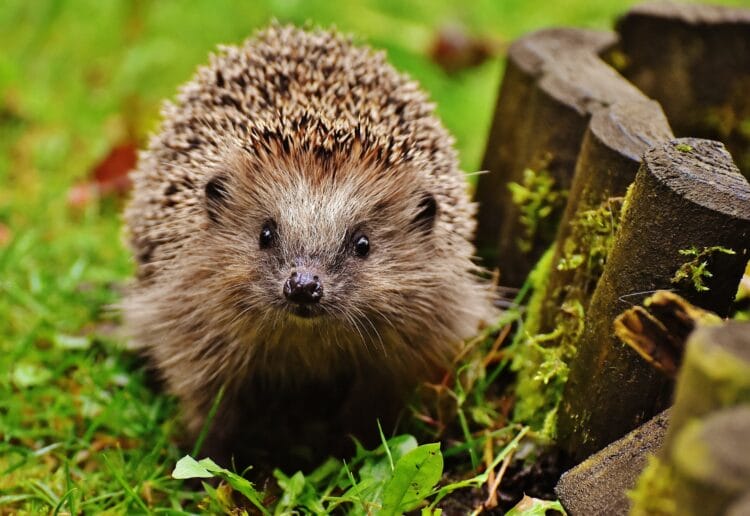READING residents with any kind of outdoor space, including a window box, can apply for an award to recognise their commitment to biodiversity.
The Reading Wildlife in Gardens Awards (RWIGS) scheme is promoting the town’s biodiversity by creating more habitats for wildlife.
No matter the size of their outdoor space, all Reading gardeners are eligible to join in.
Gardens, allotments, balconies and window boxes can be entered to illustrate positive changes to support wildlife, and to encourage and inspire others.
The scheme promotes a number of simple, low-cost, wildlife-friendly actions to explore.
Adopting them, people can make a difference for local wildlife and apply for the award.
Entrants need to provide food, water, and shelter, and may need to manage their garden or growing space differently.
The award scheme has four levels; Acorn, Sapling, Oak and Forest.
People with a balcony or window box, carrying out three actions from any category can win an Acorn award, four a Sapling award, five an Oak award, and five alongside two connectivity actions a Forest award.
For gardens and allotments, five actions from the first four categories win an Acorn award, ten a Sapling award, fifteen an Oak award, and fifteen with two connectivity actions a Forest award.

Actions can be chosen from:
Water – providing a water dish, installing a pond, adding a bird bath, using grey water, creating a rain garden, installing a water butt, and growing drought resistant plants.
Food – Installing and maintaining bird feeders, planting bee-friendly flowers, planting night scented flowers, creating a herb garden, planting a fruit tree, and putting out hedgehog food.
Shelter – creating a log pile, building a rock pile, leaving a leaf pile, including climbing plants, installing a hedgehog house, putting up a bird box, planting a tree or bush, providing hedgerow habitat, making a bug tower, building a bug hotel, creating a shady area, and providing a place for reptiles or amphibians to hibernate.
Organic methods – using alternatives to pesticides and poisons, using a compost heap, leaving an undisturbed area, using peat-free compost, and trying companion planting when growing vegetables.
Connectivity – Telling five people about garden growing methods, sharing photos of the garden with RWIGS, being part of a local wildlife group, creating access points between gardens, such as hedgehog highways.
Organsisers say that urban gardens and growing spaces can be havens for wildlife, with some city areas richer in plants and animals than nearby intensively used countryside.
Urban green space, allotments, and private gardens are particularly important to towns and cities, with gardens useful stepping stone connectors between larger patches of habitat.
Entry to the scheme is free, and all award holders can enter a prize draw to win a signed copy of Self Delusion by Reading Professor Tom Oliver.
The award is open for entries until Thursday, October 31.
For information, and to apply, visit: www.reading-wildlife-in-gardens.com
























